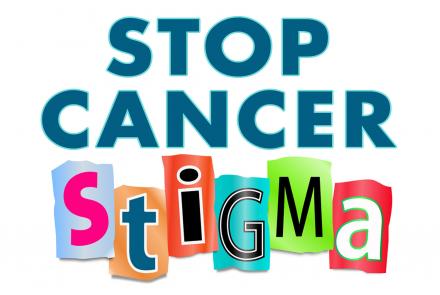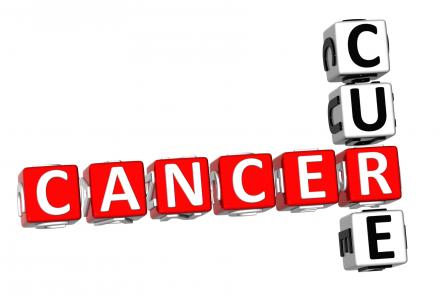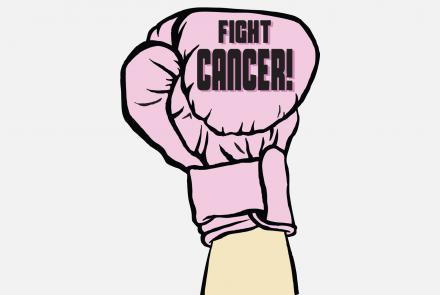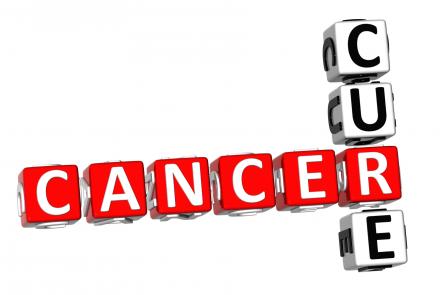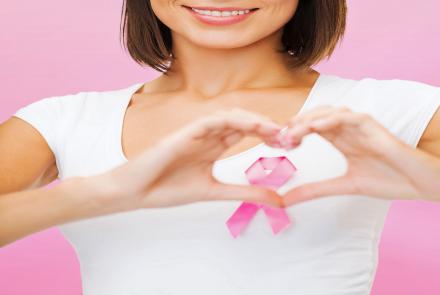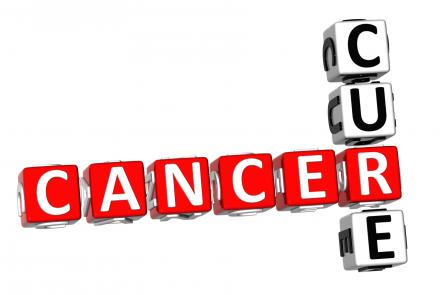
In the words of Kamini Pradhan, a featured Ovarian cancer crusader
Family and friends have a major role to play in the treatment of a cancer patient. A cancer patient can be supported in the following ways :-
MENTAL / EMOTIONAL SUPPORT
1. Acceptance – Do not be in denial mode. Know and understand the implications of the disease so that you can help the patient in getting the best treatment.
2. Positivity - Please remember in this disease you have to be absolutely positive and keep the patient too in the same mode . You have believe that in a matter of time all will be well. Keep any kind of negativity at bay.
3. Normal Treatment - Take utmost care but do not over indulge the patient. Allow the patient to do whatever he or she can do comfortably . Do not let the patient feel that he is a liability.
4. Love and care - Extend all moral support to the patient , who should know that he is loved and is not alone in combating the disease. Give the patient all the love and affection that you can and ensure really good care.
5. Cheerful - The patient must be cheerful at all times. Should watch entertaining movies, read positive material , keep good company and be kept in good humour. Laughter is , after all, the best medicine.
PHYSICAL SUPPORT
1. Cleanliness - The patient must remain clean at all times. Not only the patient, but even the attendant and surroundings need to be kept absolutely clean and infection free. Remember , the patient’s immunity level is extremely low .
2. Water - Ensure that the patient drinks at least 3-4 litres of fluid over the day so that the toxins are thrown out of the body. In India , one cannot rely on packaged water and filtered water loses its purity after a while . Boiled water is therefore the safest and best to drink .
3. Medicine - Patient must be given all his medicines and injections on time. Actually , time factor is important because many drugs ought to be given within a certain time frame failing which they lose their efficacy.
4. Diet - Frequent , small nutritious meals are the best. Do not try to over-stuff your patient as he, anyway, has a smaller appetite on account of the treatment. Try to offer variety to get the patient interested in eating. Food must be fresh, home made and hygienically prepared and served. The serving dishes as well as cutlery must be necessarily washed with hot water . Fruits should be well-washed and peeled properly (peel more than normal).
5. Activity - Do take your patient for short walks and indulge him in some light physical activity of his choice.
6. Guests - Let the patient decide who he wishes to meet. Anyone with cold/cough/fever is not to be allowed to get anywhere close to the patient . Keep separate footwear for outdoor and indoors. Visiting guests as well as in-house people must necessarily change footwear before entering the patient’s room. Say “no” to flowers – which can be a source of bringing infection. Keep unwanted guests out – even at the cost of being rude !

